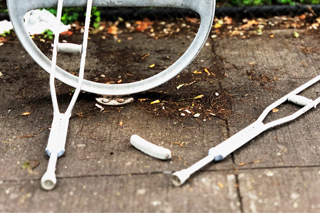 Private Footprint Indexing Tool Simplifies New Affidavit of Documents Requirements
Private Footprint Indexing Tool Simplifies New Affidavit of Documents Requirements
In a closely watched decision, the Ontario Superior Court’s ruling in Mohamud v. Juskey, has redefined the legal landscape, emphasizing the need for comprehensive disclosure of social media content by plaintiff lawyers in their client’s Affidavit of Documents (AOD). This case has become a cornerstone in legal precedent in Ontario, as in it the Ontario Superior Court of Justice ruled that it is reasonable to request that all social media posts deemed relevant to a plaintiff’s case be listed in the AOD.
What does this ruling mean?
The implications of this new ruling will cause a paradigm shift in addressing social media in legal proceedings, impacting the way that lawyers consider social media in their cases, and the work required in reviewing their client’s social media profiles. The decision reflects an important shift, asserting that information on social media platforms, regardless of privacy, is indispensable in legal proceedings. This ruling dismantles previous notions of privacy, insisting on transparency in the digital sphere. The implications of this ruling are profound, especially considering the extensive use of social media platforms like Facebook, Instagram, TikTok, Twitter, and YouTube. Legal professionals will likely be requested to undertake a thorough review of these platforms for every case. This task, if done manually, will require hours of sifting through posts, identifying their relevance, and documenting them for the AOD. Manually compiling relevant social media content is a Herculean task. Legal teams must gain access to their clients’ social media accounts to view all public and private posts, then painstakingly navigate through them, identify pertinent posts, and determine their chronological context. This process involves cross-referencing posts with case facts, a task that demands meticulous attention to detail and an enormous amount of time.
Private Footprint: From Hours to Minutes





























